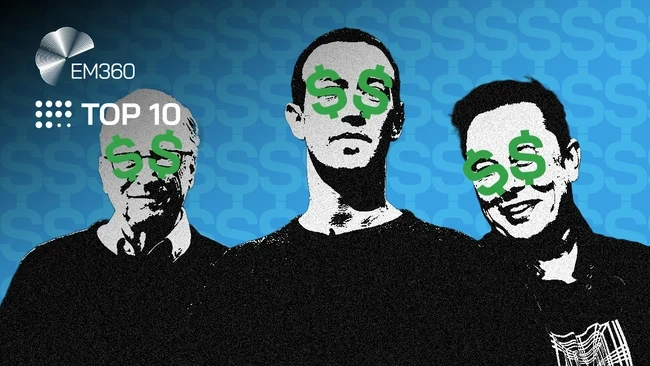In an ever-evolving industry like technology, the right takeover deal can define the future of a business, allowing it to upgrade its portfolio and expand its operations faster than ever before.
While some acquisitions are unremarkable, others can transfigure the technology landscape, revolutionsing the way tech companies operate, compete, and communicate.
Despite the pandemic bringing many acquisition deals to a standstill, in the past few years we have have seen some of the biggest takeovers in history, with values going well into the billions.
In this list, we’ll be taking a look at the 10 biggest company takeovers in tech history.





Comments ( 0 )